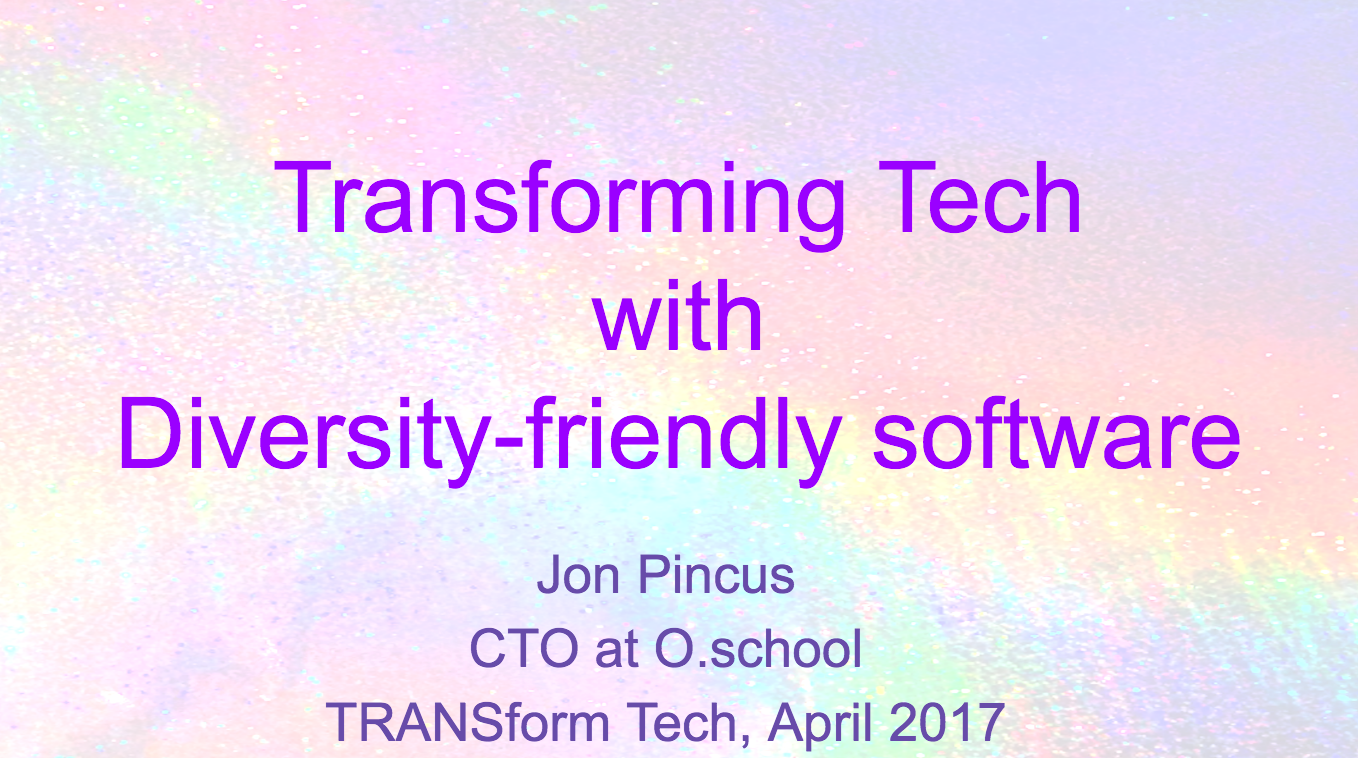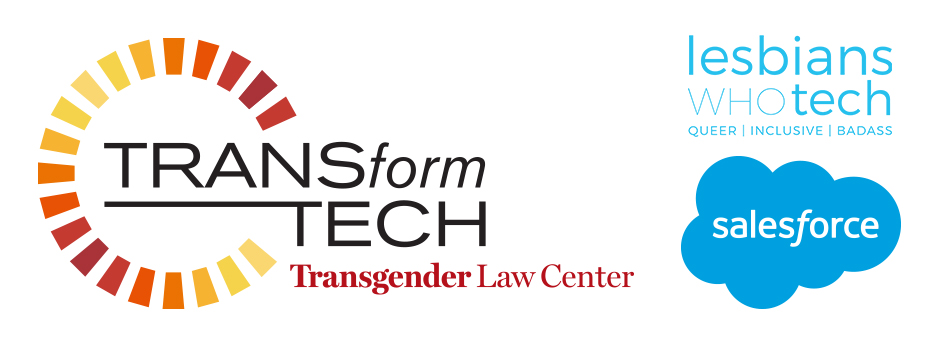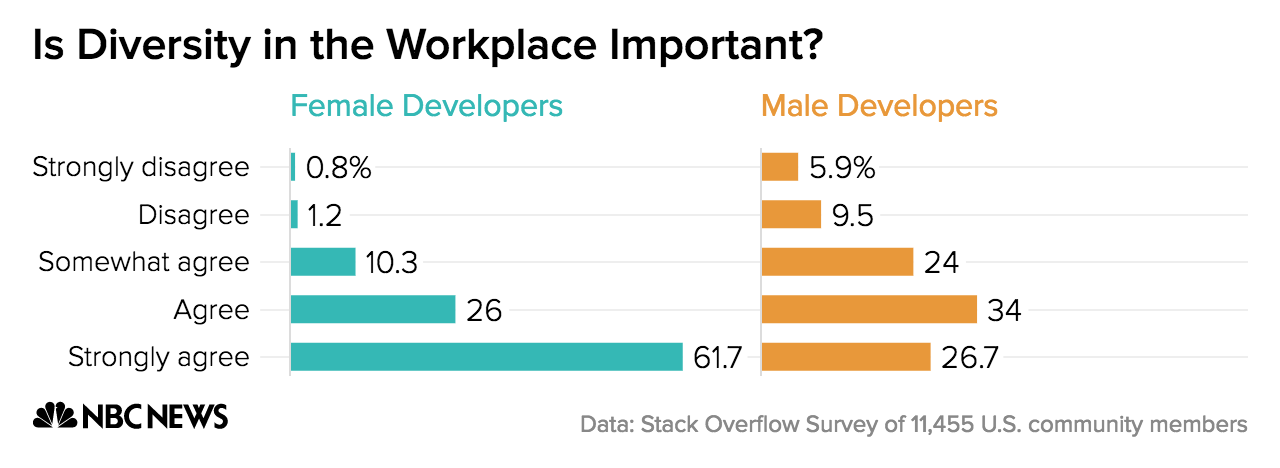
The guys from YCombinator (YC) who run the popular Hacker News (HN) discussion site have always been wary of allowing political discussions. YC’s original CEO Paul, current CEO Sam, lead moderator Dan, and key influencers on the site like Thomas argue that political topics inevitably lead to acrimonious and low-quality discussions. Over the years, HN has done a lot to cut down on political discussion.*
Of course, politics aren’t completely banned.** Many aspects of technology and entrepreneurship are inherently political. Just like everywhere else online, these discussions got more heated over the course of 2016. By October, when part-time YC partner Peter gave $1.25 million to Trump’s campaign and Paul claimed on Twitter that few had done more than Sam to help defeat him, it was hard to avoid politics on HN.
The frequency and intensity of political discussions continued to increased after the election. And the tone became less civil; mirroring the trends across the US, more and more people on HN shared opinions that others found sexist, racist, anti-immigrant, anti-Muslim, etc. etc. etc.
So in early December, Dan (aka dang) announced an experiment: a week-long “political detox”, where political stories were banned. Some people weren’t quite sure what this meant, so Dan clarified:
The main concern here is pure politics: the conflicts around party, ideology, nation, race, gender, class, and religion that get people hot and turn into flamewars on the internet.
“Of course it’s delusional”

Unsurprisingly, the announcement got a lot of support. nneonneo’s top-ranked comment is a good example.
There was also a lot of pushback. Nitasha Tiku’s Tech Commenters Cry Foul After Popular Silicon Valley Forum Bans Politics on Buzzfeed has some great quotes from Zoe Quinn, Maciej Ceglowski of Pinboard, Danilo Campos of HNWatch, Matthew Garrett, and others. For example:

“Silicon Valley routinely makes impacts on race, gender and class—but discussions of those things is forbidden on Hacker News for a week 🤔”
Danilo, on Twitter
And here’s an excerpt from the HN discussion
minimuffins: The idea that we can carve out a space that exists outside of politics and ideology is delusional.
dang (lead moderator): Of course it’s delusional. The concepts can’t be defined to begin with, nor can they be separated in any consistent way. And still we have to moderate this site.
jdp23 (me!): Perhaps grounding your moderation policies around concepts you know are undefined and inseparable isn’t the best basis for moderating the site.
dang: It’s the best basis for moderating the site because the alternative is impossible.
What could possibly go wrong?
Looking at the bright side, the experiment did bring a rare moment of unity. People who thought this was a bad policy and people who approved of it joined together in a flagging frenzy.
ubernostrum flagged and commented every story that had political aspects – and got temporarily banned as a result.
idlewords, minimaxir and I each submitted a story about something that could have a major impact on the tech industry. It got killed each time.
William Gibson’s New York Times op-ed about privacy met the same fate.
So did Georgia Wells’ Wall Street Journal article about how tech companies aren’t meeting their own goals for improving diversity.
Nobody was immune.

“YCombinator’s Winter Reading List just got flagged off their own discussion site’s front page for political content.”
Pinboard, on Twitter
What YC learned from the experiment
The experiment lasted two days. Dan quietly announced its end in a comment on a discussion about regulation.

I asked Dan what else they had learned. His reply
The main thing we learned is that a change like that won’t solve HN’s civility problem, which was the big question we had. But we learned other interesting things too, like that a week is too long for trying out an idea like this. Also, if we say we’re trying out an idea briefly, some people think we mean permanently. Communication on the internet is hard.
A thread asking folks on HN what they had learned didn’t get a lot of traction, but the handful of replies were interesting. For example, here’s what wingerlang said:
I didn’t even know it ended. *** I read the initial post but since then forgot about it and HN seemed like usual business.
What else can we learn?
Dan’s main learnings were actually pretty obvious even before the experiment. adrienne was one of many people on HN who predicted it:
 I mean, fundamentally my position is the same as Anil Dash’s… Trying to separate out “political” from “apolitical” topics is not going to solve the fucking problem. Being better moderators and not letting people be tremendous bigots even if they’re ‘civil’ are the ways to fix the problem.
I mean, fundamentally my position is the same as Anil Dash’s… Trying to separate out “political” from “apolitical” topics is not going to solve the fucking problem. Being better moderators and not letting people be tremendous bigots even if they’re ‘civil’ are the ways to fix the problem.
Indeed.
Still, it seems to me that there are some other very interesting things to learn from the experiment. Before I share my thoughts, though, I wanted to once again ask for other perspectives.
What did you learn?
* For example, the ranking algorithm penalizes stories about politics, and Paul repeatedly tweaked the ranking algorithm to penalize specific topics like the TSA or the NSA. The flagging algorithm lets a relatively-small number of people remove a post from active discussion. The “controversy detector” shuts down heated discussions; so when a contentious story makes it to the front page, people pile in with lots of strongly-words posts and it quickly drops to page 3 where it’s much harder to find it. Ken Shirriff’s 2013 article How Hacker News ranking really works: scoring, controversy, and penalties and the accompanying HN discussion have more details
** In fact, from time to time YC actively encourages talking about politics, like when they joined the fight against the anti-internet SOPA bill and it was suddenly a perfectly acceptable topic.
*** wingerlang wasn’t the only one that didn’t even know the ban had ended. For some reason the moderators never made the announcement as a separate thread. Several days later, posts were still being killed for being political – including discussions about Russia potentially hacking the US election, which certainly seem on-topic for Hacker News. Apparently not.





















 I mean, fundamentally my position is the same as Anil Dash’s… Trying to separate out “political” from “apolitical” topics is not going to solve the fucking problem. Being better moderators and not letting people be tremendous bigots even if they’re ‘civil’ are the ways to fix the problem.
I mean, fundamentally my position is the same as Anil Dash’s… Trying to separate out “political” from “apolitical” topics is not going to solve the fucking problem. Being better moderators and not letting people be tremendous bigots even if they’re ‘civil’ are the ways to fix the problem.
